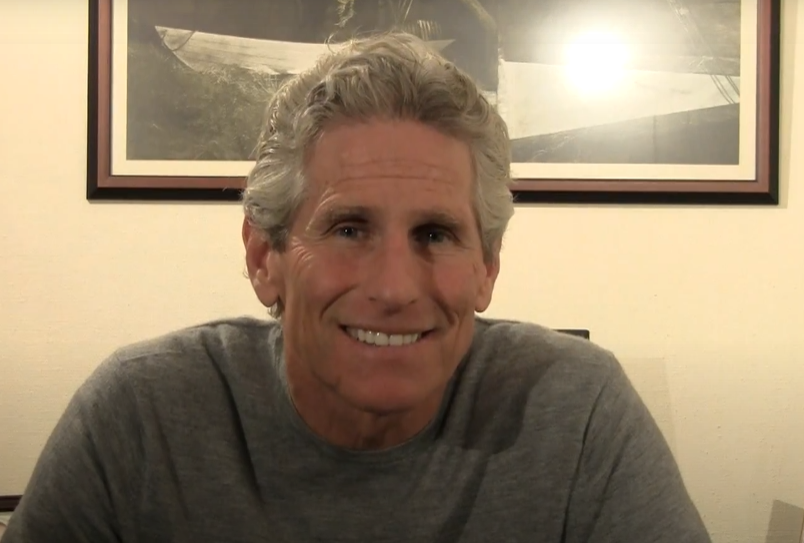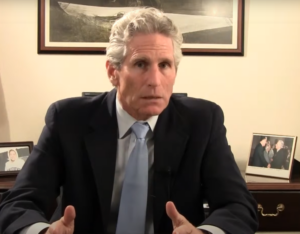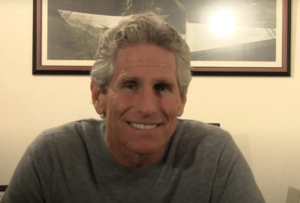Another mistake that victims of sexual harassment sometimes make is thinking that they should cope with the affects of sexual harassment on their own. Victims of sexual harassment may be affected by the harassment in a number of debilitating ways. A sexual harassment victim may suffer from depression, anxiety, traumatic stress, sleeplessness or nightmares, decreased ability to concentrate, headaches, fatigue, stomach problems, anger, withdrawal and isolation, or problems with intimacy. At work, the victim may experience decreased work performance, increased absenteeism, defamation of character and reputation, and loss of recommendations as a result of the harassment.
These complex and troubling affects on victims of sexual harassment can be extremely difficult to deal with. Victims of sexual harassment should seek professional help from a psychiatrist or psychologist to cope with their problems and to deal with managing the emotional distress they face as a result of the sexual harassment.
If a victim of sexual harassment does seek help from a mental health care practitioner, the treating mental health care practitioner may later testify as a witness about the effects of the sexual harassment on the victim. While seeking the counsel of any mental health care practitioner can be helpful to a victim of sexual harassment, a psychiatrist is an actual doctor that has been through medical school, and therefore has more credentials as a witness in the victim’s sexual harassment lawsuit. A victim should consider seeking professional help from a psychiatrist or psychologist to get treatment for the debilitating and stressful physical and emotional affects of sexual harassment as soon as possible after the harassment.



